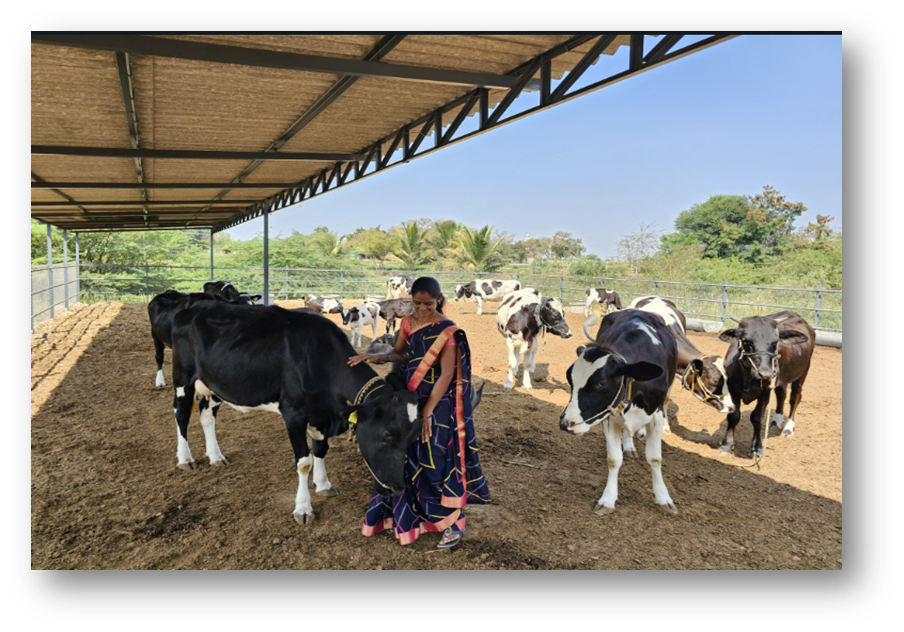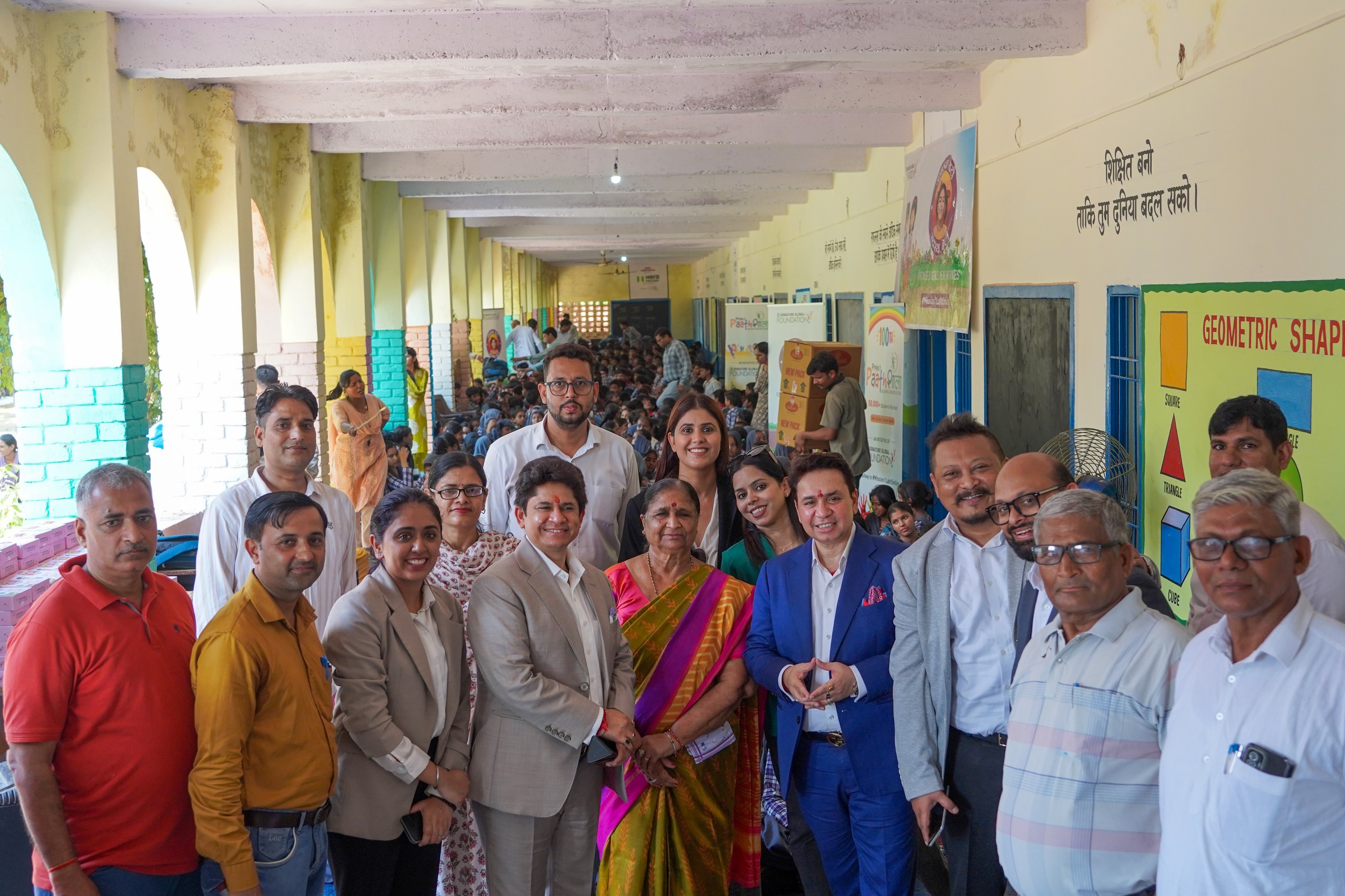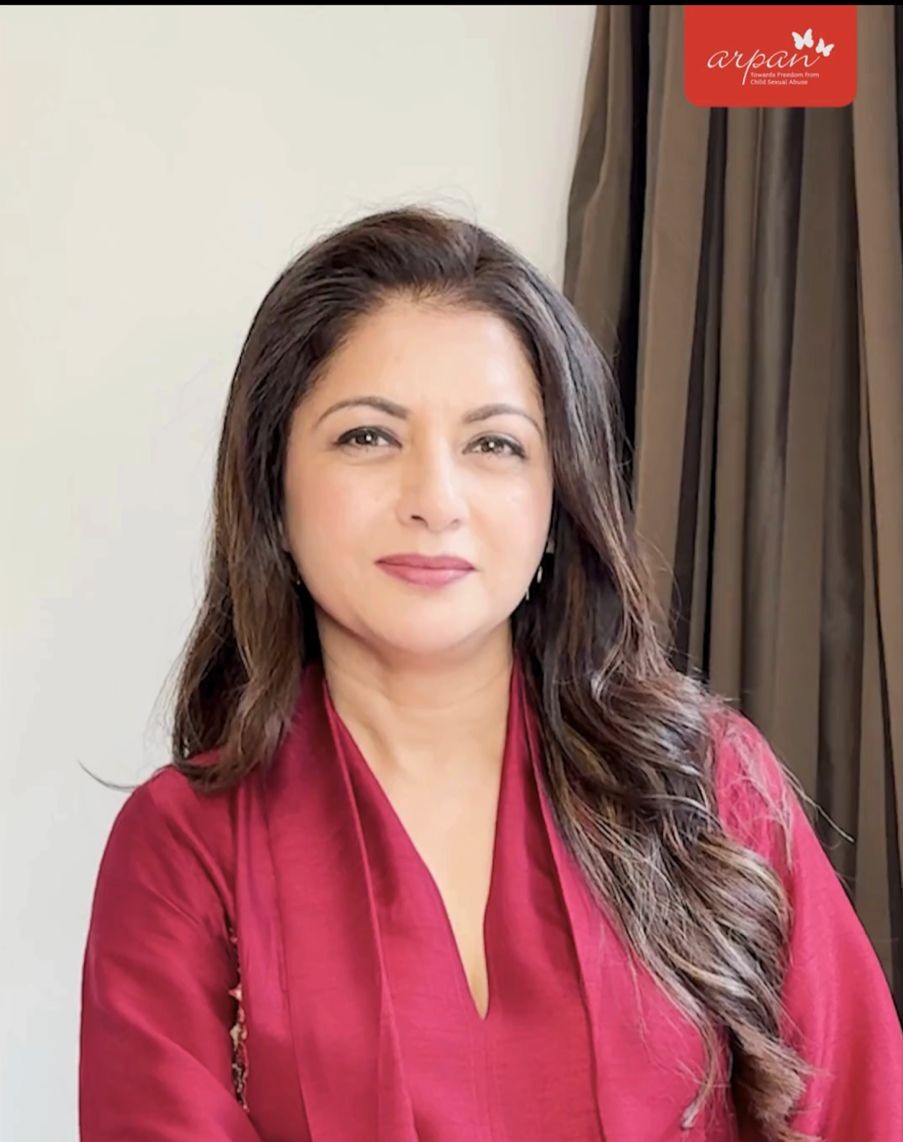Delhi CM Rekha Gupta unveils Pahlé India Foundation’s Landmark Report on Women’s Role in MSME Growth
By Pahlé India Foundation
October 14, 2025
Pahlé India Foundation (PIF), a Delhi-based think & action tank dedicated to shaping evidence-based policy research, today unveiled a landmark, seminal report titled “Enhancing Female Entrepreneurship and Employment in the MSME Sector - A Gender Intentional, Multi-State Perspective”. The study outlines actionable insights to strengthen women’s participation within India’s Micro, Small, and Medium Enterprises (MSME) sector and build a more inclusive entrepreneurial ecosystem.
The research adopted a mixed-method approach across six states — Chhattisgarh, Gujarat, Maharashtra, Odisha, Tamil Nadu, and Uttar Pradesh — combining qualitative and quantitative insights to capture a holistic view of women’s participation in the MSME sector. In the first roundtable, focused group discussions were conducted with women entrepreneurs to understand their on-ground realities, business constraints, and aspirations. The second roundtable engaged government officials and key ecosystem stakeholders to review these findings, address specific challenges, and explore actionable solutions that could be implemented across states. This two-step, participatory process ensured that the study’s recommendations were rooted in lived experiences and designed to meaningfully inform national and state-level policy implementation.
Key Insights:
1. Financial Inclusion – Over 60% of MSME owners report difficulty in accessing financial services, citing limited collateral, complex documentation, and slow processing. Women-led ventures face delays of up to 6 months in loan disbursement, affecting business continuity and growth. The annual credit demand-supply gap stands at nearly INR 1.37 trillion, indicating a pressing need for gender-sensitive financial reforms.
2. Market Access – Social media has become a vital growth tool, with 71% of women entrepreneurs crediting it for business expansion and 65% finding mentors through online networks. However, limited access to formal credit, professional networks, and structured market linkages continues to restrict women-led businesses from scaling effectively.
3. Skill Development – The MSME sector shows a pronounced gender imbalance, with only 24% women (26.49 million). Between 2017 and 2020, male internet usage rose from 45% to 51%, whereas female usage remained stagnant at 30%, highlighting the persistent digital divide. The report calls for targeted skilling, digital literacy, and mentorship to close this gap.
4. Institutional Barriers– Regulatory inefficiencies and procedural complexities remain key obstacles to women entrepreneurs attempting to scale their enterprises. India’s Ease of Doing Business (2020) assessment underscored the need for simplified procedures and gender-sensitive policy frameworks to support women-owned MSMEs at every stage.
During the launch of an MSME report by the Pahlé India Foundation, Delhi CM Rekha Gupta stressed the need for "systemic support over mere rhetoric" to empower women entrepreneurs. She highlighted the government's commitment to creating this support structure, including announcing a landmark, unique initiative to overcome financial barriers to finance (50% of women can’t be at home). "The special scheme of the Delhi government will be starting in Delhi for women entrepreneurs, giving loans up to ₹10 crore without any collateral,” she announced. “This is a unique initiative of the Delhi government, and it is designed to provide the necessary capital for our female entrepreneurs to scale their ventures and contribute significantly to the economy."
Ms. Archna Vyas, India Director (Designate), Gates Foundation, reiterated the foundational importance of evidence-based policy, noting how the new MSME report utilized extensive data to highlight critical economic realities. "Our report makes clear that a large segment of our economy operates outside traditionally regulated spheres. To truly achieve the goal of 'Viksit Bharat,' we must acknowledge and systematically empower this sector, driven by 'Women-Led Development.' Ms. Vyas stated. "These three factors—capital, market access, and skill development—are the key determinants for transforming women's entrepreneurial potential into large-scale economic success," she concluded.
Speaking at the report launch, Ms. Swati Sharma, Joint Secretary, Department of Rural Development, Government of India, emphasized that the scale of various initiatives demands a "whole of society" approach and robust convergence across ministries and government departments. Crucially, she stressed the need to abandon a "one size fits all" strategy: "Every state has its own needs and requirements, and we need to keep in mind the abilities of the women we want to make abled. A one-size-fits-all approach is not going to work." A core part of this strategy is the critical need for robust data to effectively identify bottlenecks, gaps, and improvement areas. Ms. Sharma highlighted that this data-driven approach is supported by various implementing organizations and partners, such as the Pahlé India Foundation, which helps translate ground realities into actionable policy decisions.
Pahlé India Foundation is dedicated to creating data-driven, actionable research to inform national and state-level policy. The Foundation’s work on gender, entrepreneurship, and financial inclusion aims to help India unlock its full potential by empowering women as drivers of economic transformation.
Don't miss any updates!
© Renalysis Consultants Pvt Ltd






.jpg)


